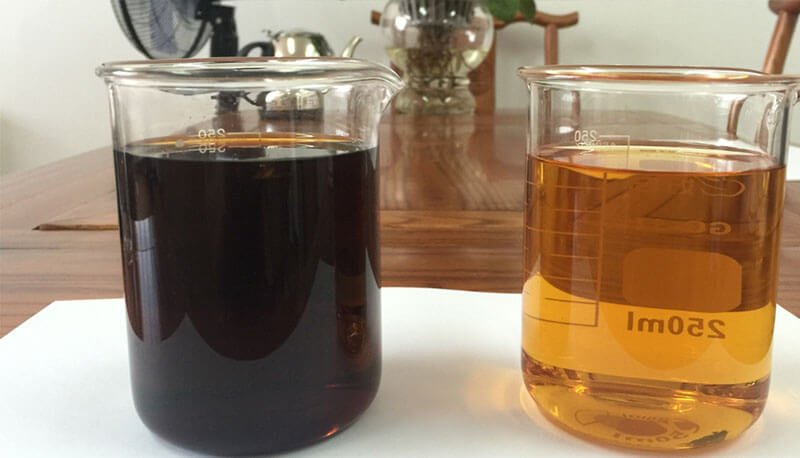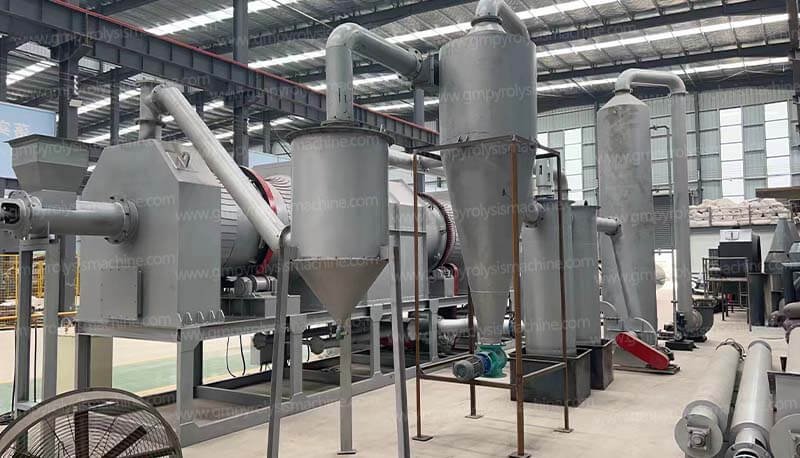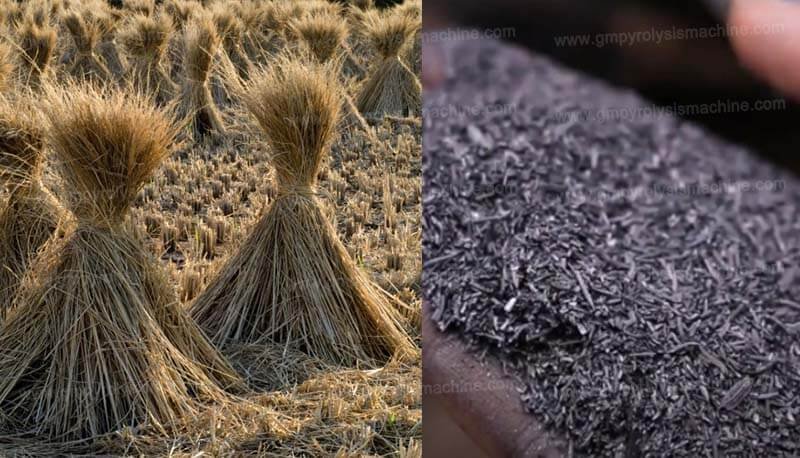Wood vinegar, also known as pyroligneous acid, is a byproduct of the charcoal making process. It is produced when wood or other organic materials are heated in the absence of air, a process known as pyrolysis. This versatile liquid has found applications across various industries, from agriculture to personal care, due to its unique properties and benefits.
Agricultural Applications:
One of the most significant uses of wood vinegar is in agriculture. When diluted and applied to the soil, it enhances microbial activity, promoting healthier root growth and increasing nutrient absorption. Additionally, wood vinegar can be used as a natural weed suppressant, reducing the need for synthetic herbicides. Farmers have also reported that using wood vinegar improves seed germination rates and overall plant vigor, leading to higher crop yields.

Environmental and Industrial Uses:
Beyond its direct applications, wood vinegar is also valued for its environmental and industrial benefits. As a natural product, it offers a sustainable alternative to many synthetic chemicals. In wastewater treatment, it can be used to reduce odors and break down contaminants, making it a valuable tool in environmental management. In the manufacturing sector, wood vinegar is employed as a preservative and as a component in the production of adhesives and resins, demonstrating its versatility and adaptability.
In conclusion, wood vinegar is a multifaceted and eco-friendly resource with a wide range of applications. From enhancing agricultural productivity and improving animal welfare to supporting personal care and contributing to environmental sustainability, its benefits are numerous. As the global community continues to seek out natural and sustainable solutions, the potential for wood vinegar to play a larger role in various sectors is increasingly recognized, making it a promising substance for the future.




